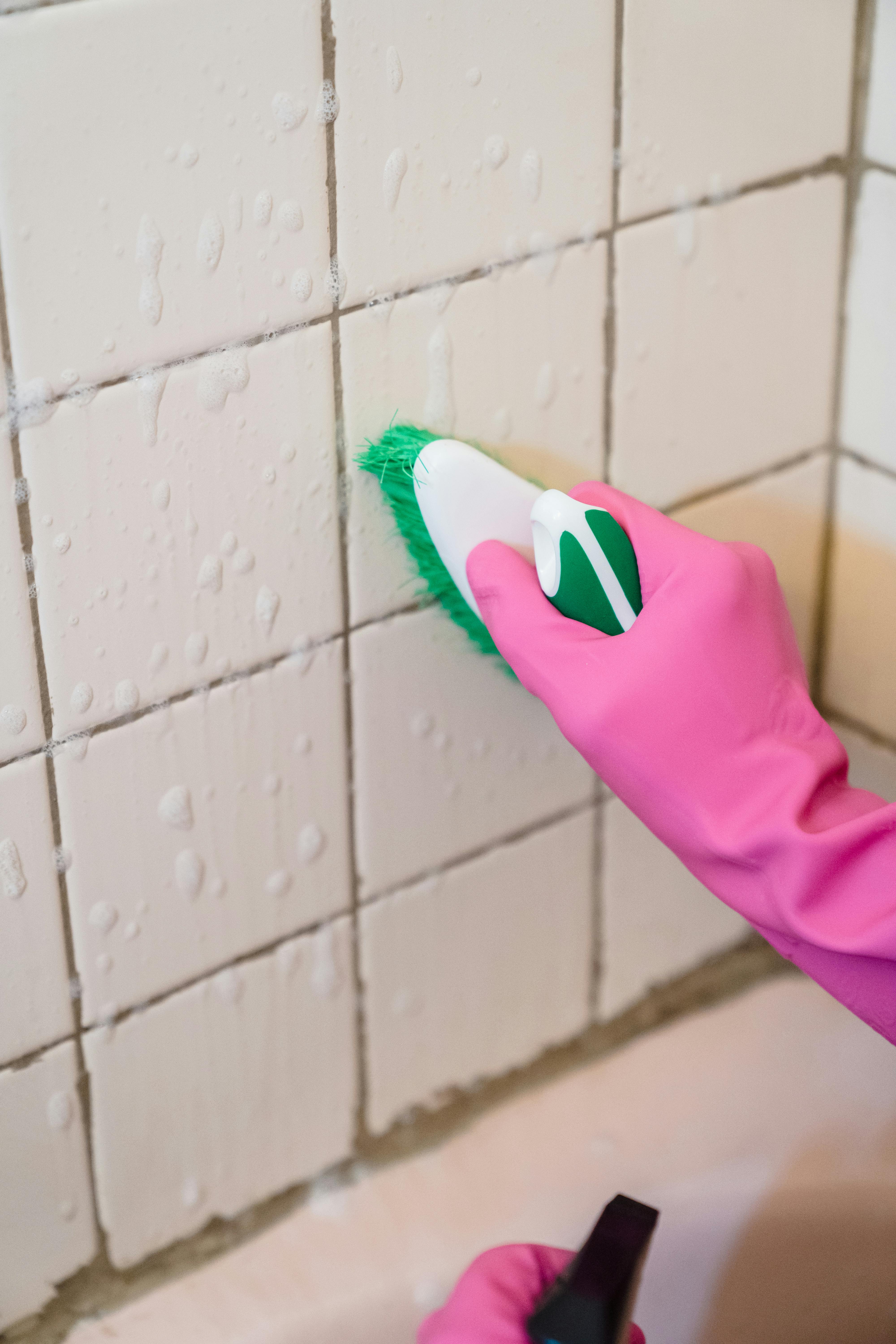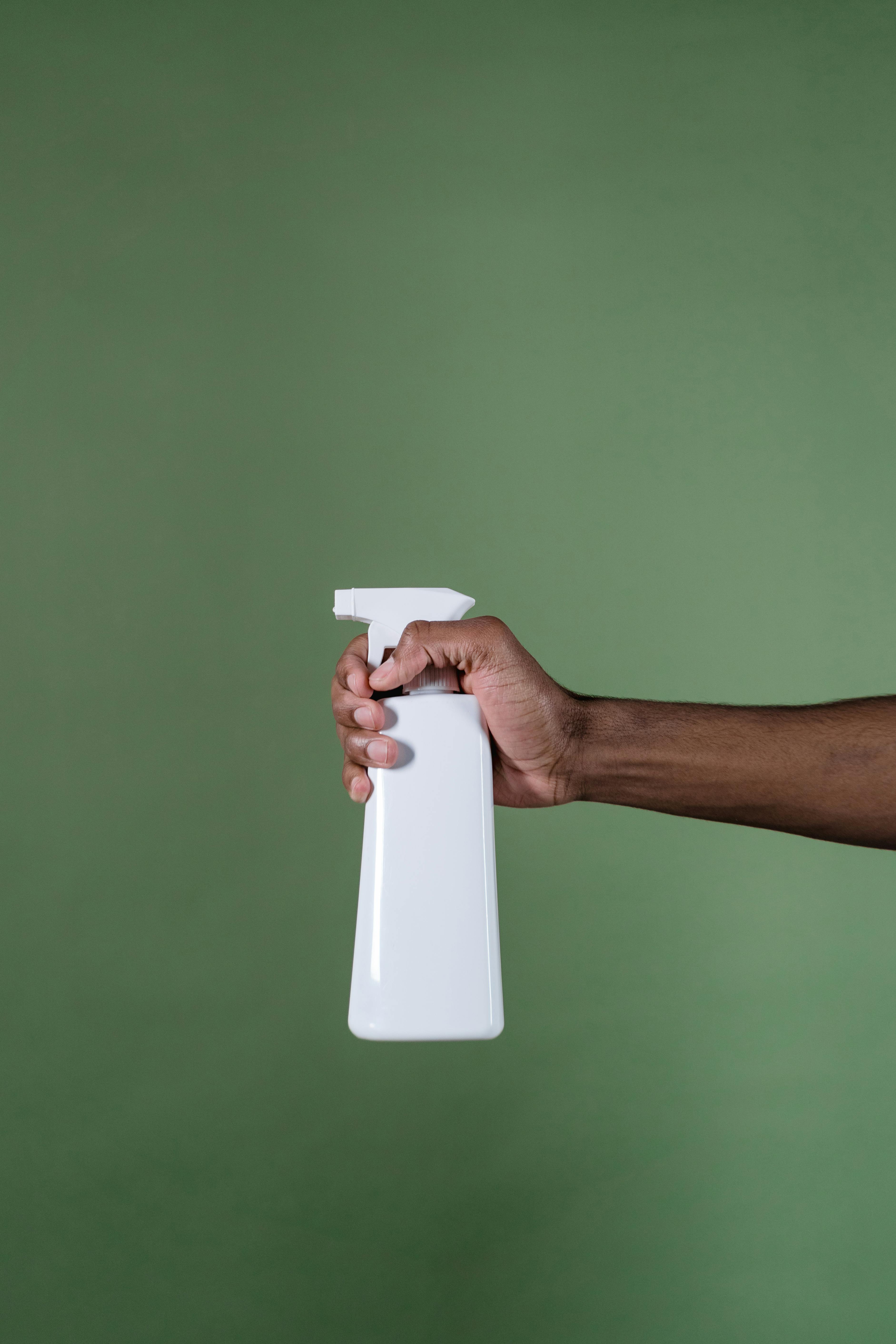Household Mold: A Serious Threat to Your Home and Health
Household mold can be a nightmare. Not only does it cause structural damage to your home, but it also poses health risks for you and your family.
Mold exposure can lead to allergic reactions, eye, nose, and throat irritation, nosebleeds, and headaches. In severe cases, it can even contribute to asthma or lung infections.
Many sources suggest using household products like bleach or vinegar to eliminate mold, but do these methods actually work? Let's explore what really kills mold and how to use the right methods effectively.
Does Bleach Kill Mold?
No, bleach does not kill mold.

The Environmental Protection Agency (EPA) does not recommend using bleach for mold removal. Bleach only eliminates surface mold, leaving the root (the mold membrane) intact. Since bleach cannot penetrate porous surfaces like drywall or wood, the mold retreats deeper and can grow back even stronger. In some cases, bleach can even act as a food source for mold, worsening the problem.
Does Vinegar Kill Mold?
Yes, vinegar can kill mold.
White vinegar is a natural antifungal and antibacterial agent that can kill about 82 percent of mold species. Its strong pH level of 2.5 disrupts mold growth and helps prevent future outbreaks.
When Should You Call a Mold Remediation Professional?
The EPA states that if mold covers an area smaller than 10 square feet (roughly 3 feet by 3 feet), you may be able to clean it yourself. However, if the mold covers a larger area or keeps returning, professional remediation is the best option.
 Some home insurance policies may not cover mold damage, leaving homeowners in a difficult financial situation. If you find yourself in this position, ServiceMaster of Eugene is here to help with our financing solutions. Your health should always come first, and our financing options can provide a cost-effective way to address mold issues before they become a bigger problem.
Some home insurance policies may not cover mold damage, leaving homeowners in a difficult financial situation. If you find yourself in this position, ServiceMaster of Eugene is here to help with our financing solutions. Your health should always come first, and our financing options can provide a cost-effective way to address mold issues before they become a bigger problem.
At ServiceMaster of Eugene, we have the expertise and equipment to remove mold and prevent its spread. Call us at (541) 687-0900 for professional mold remediation services.
7 Steps to Use Vinegar for Small Mold Outbreaks
Wear Protective Gear – Use a mask, goggles, and gloves.
Prepare the Vinegar Solution – Pour white distilled vinegar into a spray bottle without diluting it.
Spray the Affected Area – Let the vinegar sit for at least an hour.
Use Baking Soda if Needed – Mix 1 teaspoon of baking soda with 2 cups of water, spray it on the mold, and scrub with a brush.
Rinse the Area – Use warm water to rinse the surface.
Prevent Regrowth – Reapply vinegar or baking soda solution and let it dry naturally.
Assess the Damage – If mold persists or spreads, call a professional.
Is Vinegar Safe for Different Surfaces?
Drywall – Vinegar is safe but may damage the surface if scrubbed too hard.
Concrete – Vinegar will not harm concrete, but it is not the best option for removing mold.
Leather – Vinegar can kill mold but should be diluted 1 to 1 with water. Test in a small area first.
Stone Countertops – Not recommended as vinegar can dull surfaces like marble.
Wood – Avoid using vinegar as it may strip protective finishes.
Carpet and Fabric – Vinegar is not effective for porous materials. Professional help is recommended.
Metal – Vinegar can corrode certain metals such as copper, aluminum, and stainless steel.
Call ServiceMaster of Eugene for Mold Remediation
If mold is widespread or difficult to remove, professional remediation is essential. ServiceMaster of Eugene is here to help. Protect your home and health.
Call (541) 687-0900 today.
















